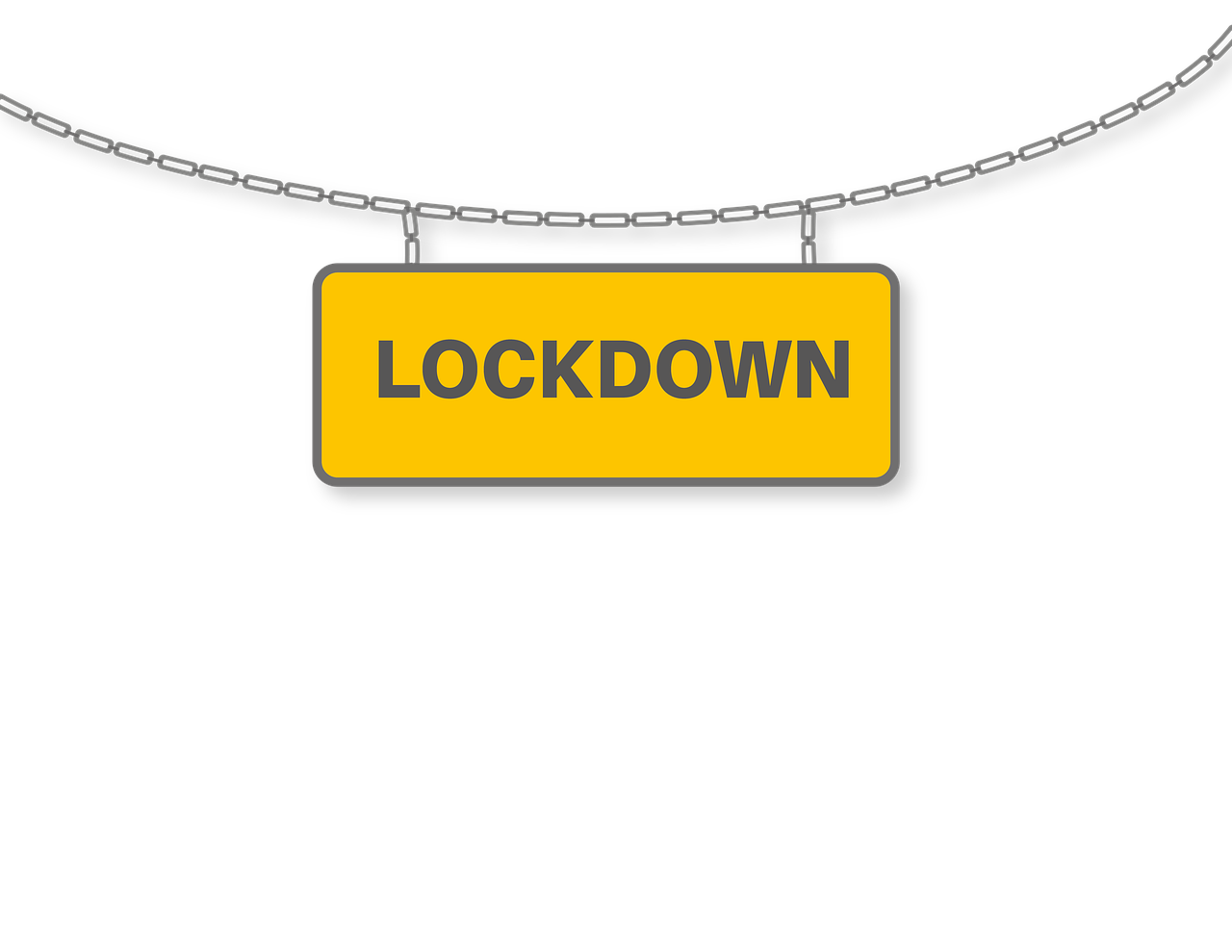Lockdown Poetry: Fairfax in the Interregnum

What does Thomas Fairfax's poetry have to do with the COVID-19 lockdowns?
Well, following his retirement from public office in 1650, Fairfax left London for his Yorkshire estates of Denton and Nun Appleton. He wasn't in lockdown because of any disease but his movement during the Interregnum certainly wasn't free. For one thing, he needed to keep a low profile. Some had seen him as the natural choice to lead the country after the regicide; others had feared such an outcome. Oliver Cromwell certainly remained conscious of the potential threat Fairfax pose and had his spymaster, John Thurloe, track his movements. Unsurprisingly, then, Fairfax didn't move about lot during these years.
Fairfax was also increasingly physically isolated by disability. In addition to wounds from his years of battle, he also suffered from gout and rheumatism. By 1664, he had fully lost the use of his legs and was confined to a wheelchair.
Fairfax also appears to have gravitated towards a quieter life for the sake of his mental health. In his resignation letter (addressed to the Speaker William Lenthall), he refers to "debilities both in body and minde, occasioned by former actions and businesses". Even if these debilities were in part a handy excuse for extricating himself from the centre of the Commonwealth he had lost faith in, they existed and were recognized by Fairfax as factors affecting his life.
Those years of retreat during the Interregnum are a neglected period of Fairfax's life, but we all know life doesn't stop in lockdown: iit just changes, and perhaps we become more reflective as we're forced to exist within a smaller compass. For Fairfax, this was a time to turn to literature and especially to poetic translation. He translated all 150 psalms, for example, as well as poetry by the French libertine poet Marc-Antoine Girard de Saint-Amant (1594–1661); and he wrote his own verse. The once great general used his isolation to explore literature, including sacred literature, not only to reflect his tastes and religious beliefs but also as a means by which to investigate and adjust to his new condition.
During the isolation of the COVID-19 lockdowns, there were clearly many who turned from their usual working identities and towards poetry. Perhaps they used poetry to make sense of the new world in which they found themselves. Perhaps they used it to help them through difficulties with mental or physical health. Perhaps that poetry's accomplished. Perhaps it's not. It doesn't matter. It's all good.
- Publications
- 'Dating the Poetry of Thomas Fairfax in Add. Ms 11744 (British Library)' (Notes & Queries, 2023)
- Recorded Talks
- Blogs
- Why look at the poems of a general?
- Lockdown Poetry: Fairfax in the Interregnum
- Psalm 42: Contemplating Death
- More to follow!
- The Manuscripts
- Add. MS 4929 (British Library)
- Add. MS 11743 (British Library)
- Add. MS 11744
- Add. MS 25447 (British Library)
- MS 95041 (Clark Library, UCLA)
- MS Fairfax 38 (The Bodleian Libraries, University of Oxford)
- MS Fairfax 40 (The Bodleian Libraries, University of Oxford)
- MS Lt 105 (Brotherton Collection, University of Leeds)>
- The Editions


